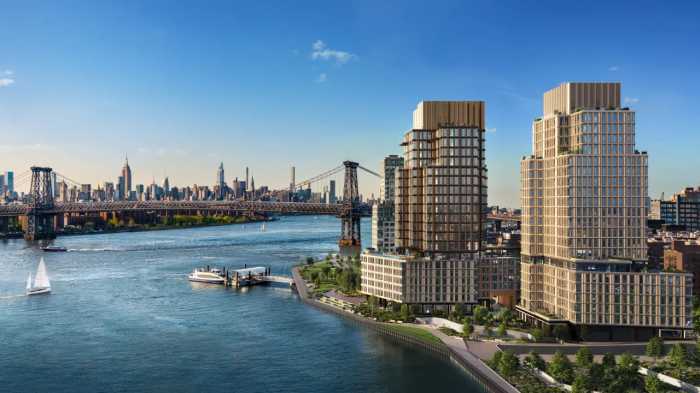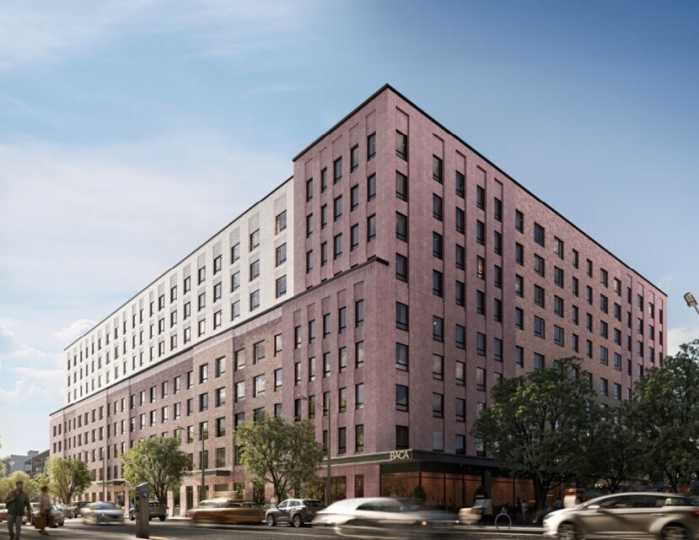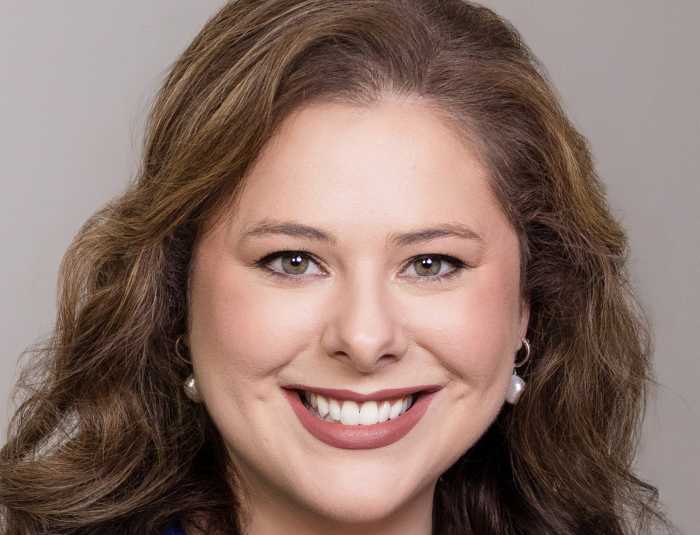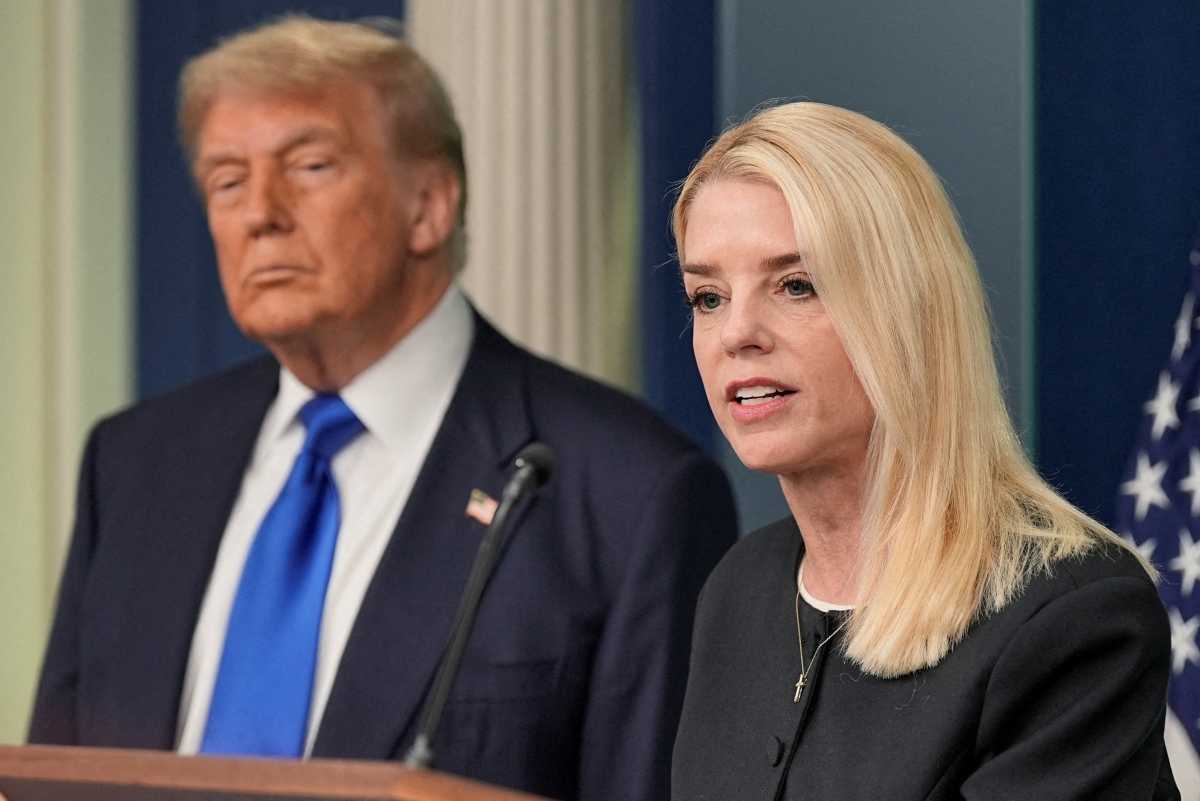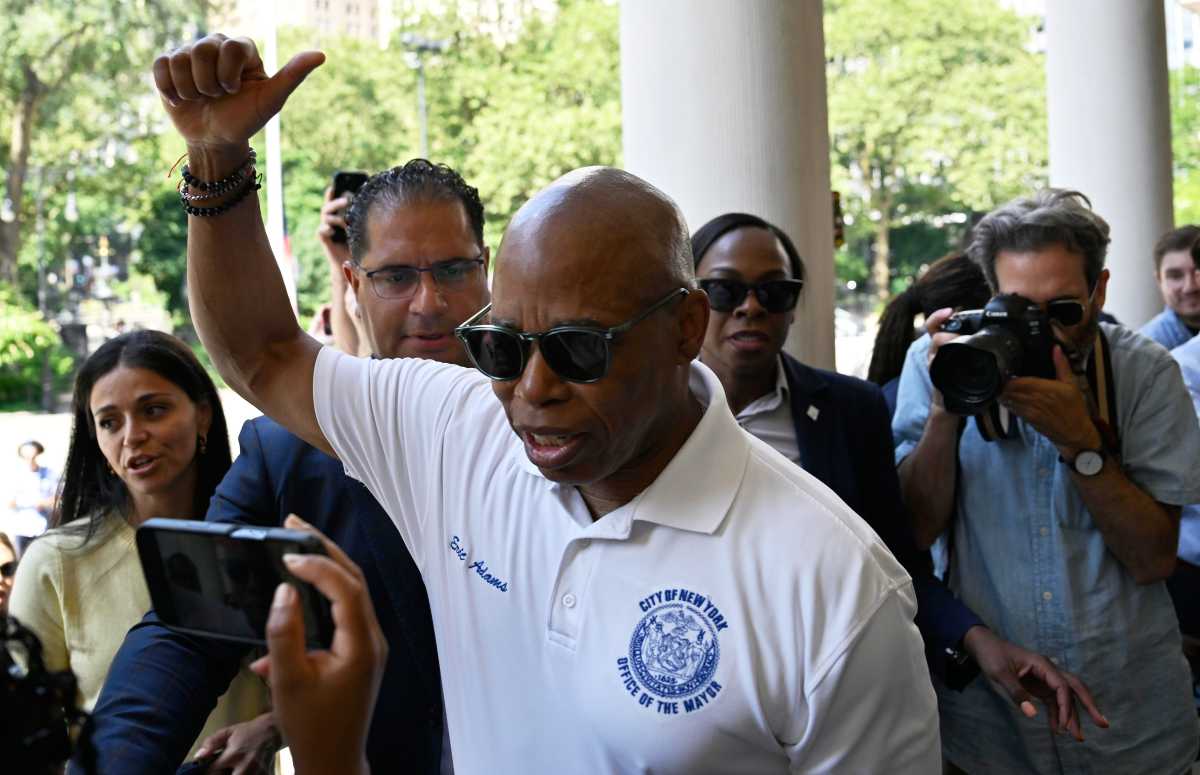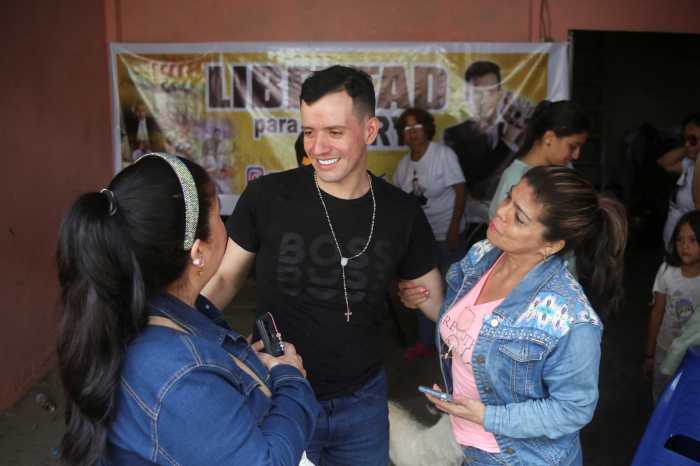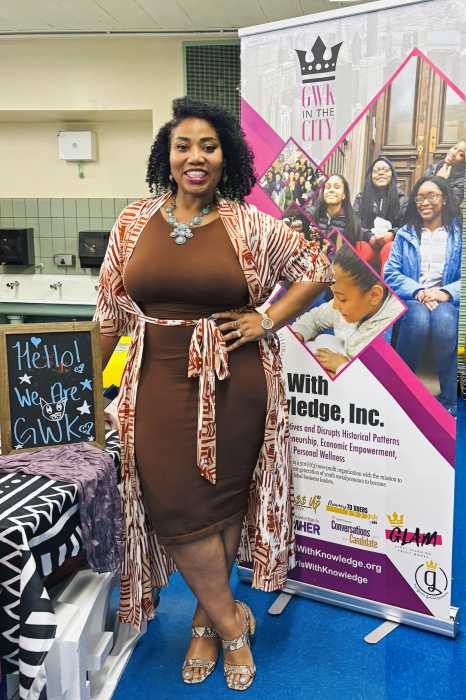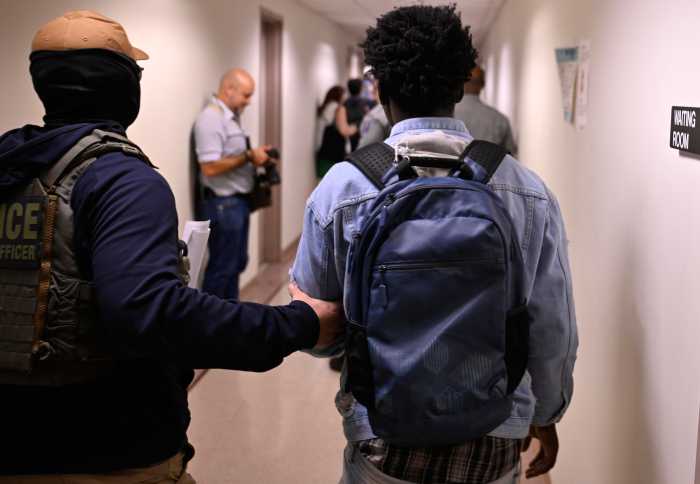Barclays has requested a retraction from this newspaper (and others) for stories about the bank’s link to slavery and other dark moments in human history (see the bank’s letter, written by spokesman Peter Truell, by clicking here).
Our stories regarding Barclays were based on information acquired from respected sources and, as a whole, do not merit a retraction.
That said, we do need to correct a glaring error in our original story (“Blood Money,” Jan. 20). The story quoted Jessie Campbell, a senior archivist for the company, who had written a letter to the London Guardian, a respected daily.
We acquired Campbell’s letter through a normal search of Factiva, a Dow Jones news database. But due to a formatting error on that database, Campbell’s letter had been grafted onto another letter describing Barclays’ “involvement in the slave trade.”
That letter was written by John Youatt Dunning, not Campbell. Campbell’s actual letter can be seen here.
We failed to see that the letters had become fused to appear that Campbell had written Dunning’s letter. The Brooklyn Paper regrets that error.
• • •
When Barclays’ slavery link was mentioned to us, we checked it out with academics and historians. We do not “make stuff up,” as some critics contend. We report what credible people say.
Several books and accounts referred to Barclays’ involvement in the slave trade in the 18th century, but none was more definitive than Eric Williams’s “Slavery & Capitalism,” which was first published in 1944, and was re-issued, with a new forward by Princeton professor Colin Palmer, in 1994.
Williams, who was prime minister of Trinidad from 1961–1981, is a respected scholar and historian of the slave trade. Throughout academia, there are countless citations to his book and its paradigm-shifting thesis that the Industrial Revolution was built on the backs of slaves.
Williams’s thesis “has been challenged, but never convincingly,” the Guardian reported last year.
One page 101, Williams’s book states:
“For London only one name need to be mentioned, when that name is Barclay. Two members of this Quaker family, David and Alexander, were engaged in the slave trade in 1756. David began his career in American and West Indian commerce and became one of the most influential merchants of his day. He was not merely a slave trader but actually owned a great plantation in Jamaica. … The Barclays married into the banking families of Gurney and Freame, like so many other intermarriages in other branches of industry which kept Quaker wealth in Quaker hands.”
Elsewhere, the book states:
“In 1756, there were 84 Quakers listed as members of the company trading to Africa, among them the Barclay and Baring families. Slave dealing was one of the most lucrative investments of English as of American Quakers…The Quaker opposition to the slave trade came first and largely not from England but from America.”
When we published our stories, we had no reason to believe that any serious scholar disputed key parts of Williams’s seminal work.
Now, Barclays’ Truell asserts that Williams’s book “makes serious, unsupported and mistaken allegations about Barclays” — most importantly that Alexander Barclay “was never a partner, employee or agent of the bank” and that “the ‘David Barclay’ referred to in this book also had no connection with our bank.”
We asked Truell to show us the historic documents that back up this assertion and others in his letter, but he declined, stating that the letter “speaks for itself.”
• • •
The Truell letter referred us to another book, Margaret Ackrill and Leslie Hannah’s “Barclays: The Business of Banking 1690-1996,” published in 2001 by Cambridge University Press.
The book does clear David Barclay of slave-owning (it states that he freed his slaves very soon after inheriting them in a foreclosure), but it also makes one historical fact quite clear: Barclays “held the accounts of slavers and slave-owners.”
It is, therefore, impossible to deny that Barclays profited from slavery.
• • •
Our news stories were not an examination of whether Barclays had profited from slavery — all banks did, so to pretend otherwise is silly. Rather, our initial article — and its follow-up, “Black leaders rip Ratner’s $400M Barclays arena deal” — centered on the outrage that black leaders like Councilwoman Letitia James, Assemblyman Hakeem Jeffries, former Assemblyman Roger Green, and some church pastors — felt after hearing about the Ratner-Barclays contract.
We didn’t manufacture their outrage; we reported it, leaving our readers to decide for themselves if the bank’s past bothered them.
• • •
A lot of confusion might have been avoided had Barclays’ officials been open with us earlier. We reached out to the company the day before the official naming-rights announcement, but two calls to England were not returned.
Then, at the naming-rights press conference, when our reporter Ariella Cohen asked Barclays President Robert Diamond about his company’s link to slavery, Mayor Bloomberg interceded and did not allow Diamond to address the very serious substance of Cohen’s question. The mayor, instead, substituted his own agenda, praising Barclays as a “great corporation.”
We have no doubt Barclays is that, but the mayor obfuscated our reporter’s effort to get to the bottom of the bank’s murky past.
• • •
Truell’s letter also took exception to our coverage of the bank’s long-documented link to South Africa’s apartheid government, and its role in freezing the accounts of some French Jews during the Holocaust. But the letter did not substantively dispute the accuracy of our coverage.
Gersh Kuntzman, Editor
The Brooklyn Paper


